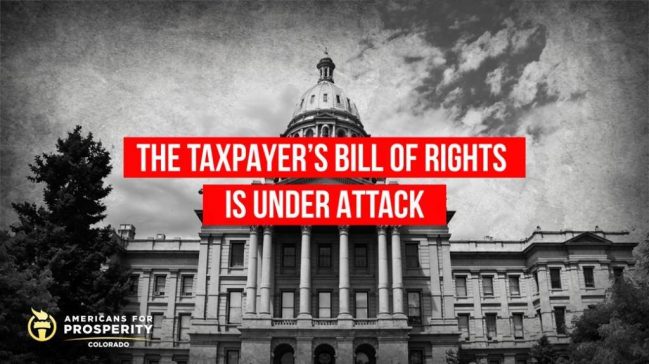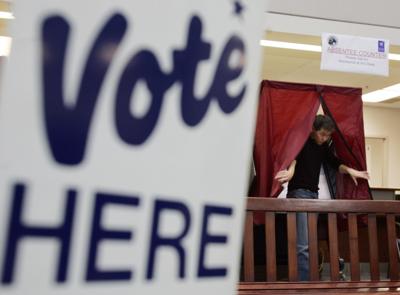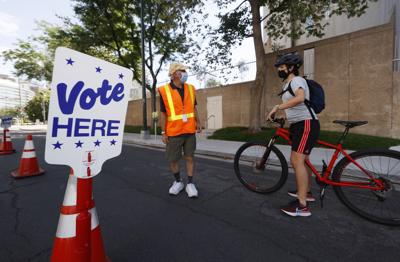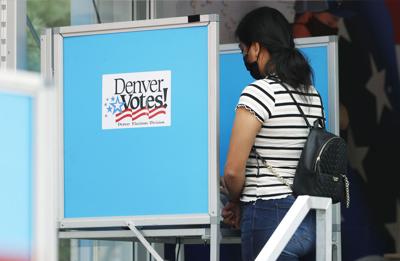As the grassroots organization Vote on Fees points out, with liberal majorities in the legislature the Taxpayer Bill of Rights is the only thing preventing Democrats from going completely out of control at the state capitol.
Colorado’s state legislature uses the word “FEE” to grow state programs and spending without having to ask Coloradans for the permission to raise taxes required under our Taxpayer’s Bill of Rights. Massive revenue increases like FASTER (car registration) fees, are taxes coming out of our pockets to pay for state programs, and should go through the same voter approval process as all tax increases. It’s not complicated — just ask the people.
Two-thirds of state revenue now falls outside of TABOR. We need to do a better job of managing our state’s more than $30 billion budget. The status quo of continuing to grow and create new state programs and finance them off of “fees” needs to end.
Democrats have recently been using fee increases as an end-run around the Taxpayer Bill of Rights, a state Constitutional amendment that gives voters the final say on all statewide tax increases. The recent use of “fees” to short-circuit our Constitutional rights is extremely troubling, and fiscally responsible voters need to put a stop to it immediately.
Prop 117 is a major threat to Democrats and their socialist vision for Colorado.




